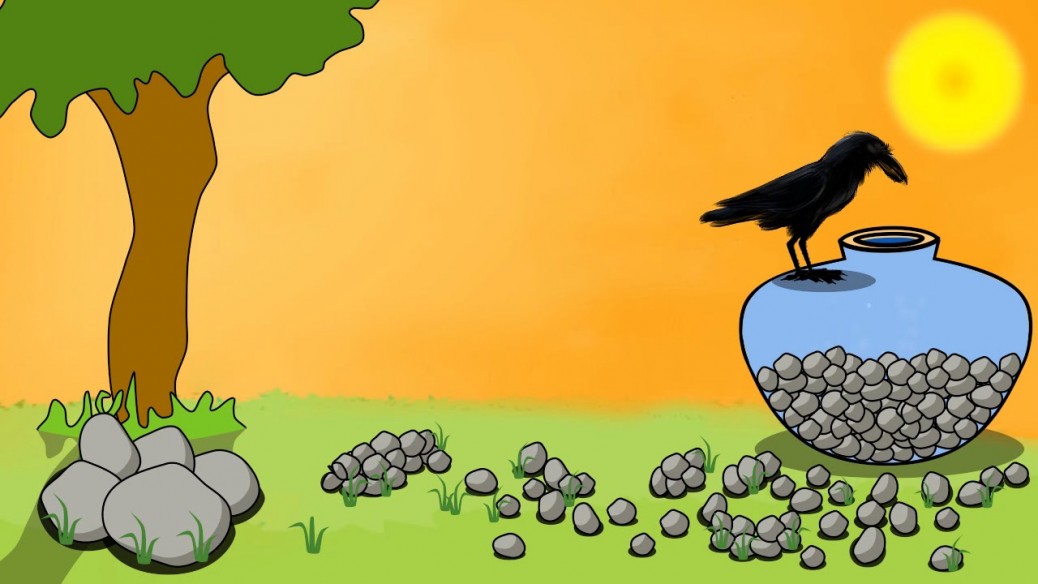Staying In Control
When you REACT, you are giving away your power. When you RESPOND, you are staying in control of yourself.
What’s the difference between a reaction and a response? The words are sometimes used interchangeably, but there are times when we use one, but not the other. We speak of having a reaction and making a response. For some reason, “having” seems more involuntary than “making.”
The word reaction has to do with a physical or emotional consequence caused by a stimulus, such as physical conditions (cold, heat, a sharp object, a fall, disease, blunt trauma, etc.) or by spoken words, written words, or actions. A reaction is generally an unconscious or involuntary one.
The word response generally has to do with an action, either a physical action or something that you say. It is generally, but not always, a conscious decision. Sometimes it is based on a person’s emotional reaction. Other times it is based on Soul-searching or an extended thought process. There’s an element of free will and forethought in a response.
Most often, the difference between a reaction and a response is how I feel about something, versus what I’m going to do about it.
“When you REACT, you are giving away your power. When you RESPOND, you are staying in control of yourself.” How does this work? If a reaction is a consequence of some kind of stimulus, then the stimulus is the cause and our reaction is the effect. The power resides in the cause (the stimulus), rather than in the effect, because the stimulus initiates the situation, and often, the stimulus is what can be controlled. When you choose to take (or not take) action, you are making a considered response, rather than having a knee-jerk reaction. You can choose to act in ways that are appropriate; you can choose actions that you will not regret later. You can choose a response that will teach a lesson or draw attention to an inequity of some kind. As long as you are choosing what you will do, you are retaining your power and staying in control, because your response is voluntary. Responses are not always positive, especially when they are based on the initial reactions of strong, negative emotions.











